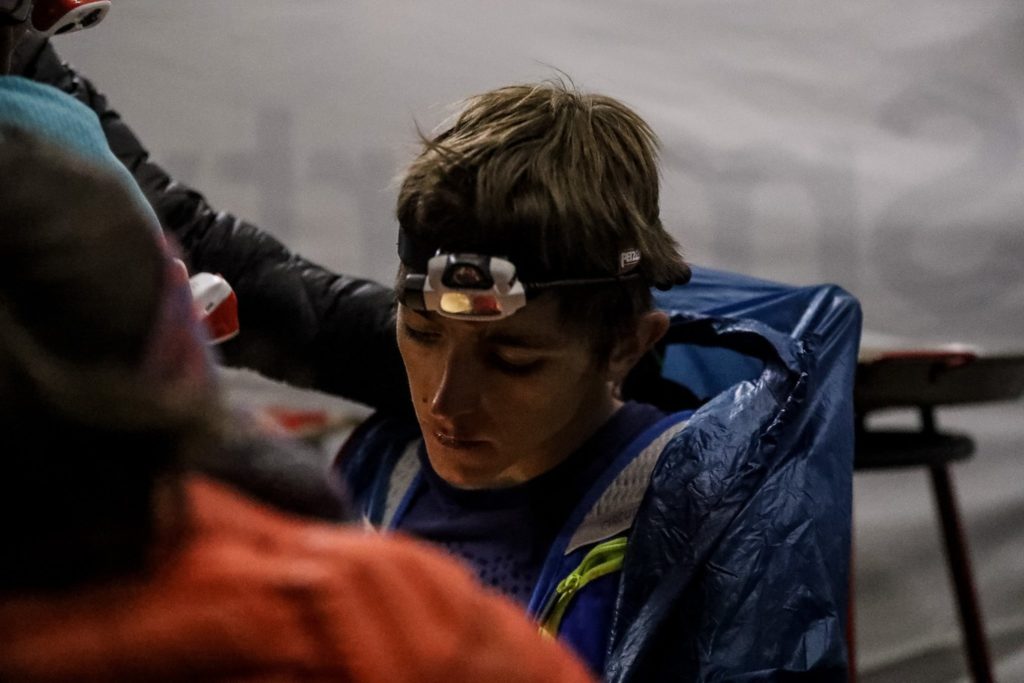Hardrock 100: It Didn’t Have To End That Way
|
Xavier Thévenard of France was disqualified from the Hardrock Hundred Endurance Run over the weekend. Here’s the short of it: Thévenard, one of the top mountain runners in the world, takes water and gets some assistance from his crew outside of an official aid station 46.8 miles into the race. This is a violation of the event rules and the incident is documented by a bystander, who, encouraged by his friends, notifies race officials of what he saw. An immediate investigation ensues, including multiple interactions with Thévenard and his crew, the last one at the Mile 91.2 aid station, where Thévenard is disqualified—the first disqualification in race history (there would be another one later)—and given the option to finish the course (without appearing in the results) or drop out of the race. He decides not to continue and the ultrarunning world erupts like a volcano over the whole ordeal, and with good reason: It didn’t have to end that way. No really, it didn’t. Just read the rules.
“Finally, runners are not allowed to accept aid between aid stations,” it says in this year’s Runner’s Manual. “Any runner who takes aid where they should not may be disqualified.”
Key word there: may. Did Thévenard break the rules? He sure did and there are photos to prove it. Did accepting aid outside of an official station give him an advantage? No doubt. But should what amounts to a relatively petty violation—he took a few sips of Perrier—have ended his day before the finish line and affected the outcome of the race with less than 10 miles to go? It didn’t have to, even if race director Dale Garland “felt it was in the best interest of our event and the best interest of Xavier to not have this play out at the finish line.”
I understand there was no precedent here but Garland and his team could have set a better one given the situation and the information they had at their disposal. Thévenard could have been given a warning that he was in violation of the rules and a yet-to-be-determined penalty was coming his way after the race. So why disqualify him with less than 10 miles to go? How is that in anyone’s best interests? It makes zero sense. Had officials let Thévenard finish the race, they could have spent some more time considering the appropriate action to take rather than going straight to the DQ. Emotions run high in the heat of a battle. Let them settle for a bit afterward, ask the appropriate questions of everyone involved, then re-evaluate the situation.
In my opinion, the penalty doesn’t fit the crime and was handed out in haste. At many other races, including UTMB, Thévenard would have been docked an hour for a similar offense—which seems fair to me—and that could have been the case here based on how the rules are written. But DQ’ing him without precedent before the race even ended? Not allowing him the opportunity to appeal the decision afterward? That just strikes me as poor taste and bad judgement.